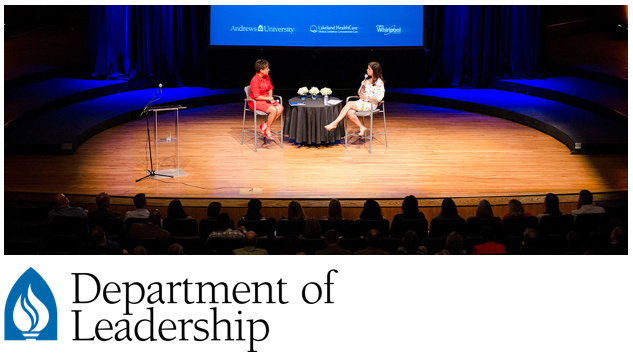Document Type
Article
Publication Date
7-2014
Abstract
The purpose of this article was to discuss conceptual frameworks and research models on resilience theory. The constructs of resilience, the history of resilience theory, models of resilience, variables of resilience, career resilience, and organizational resilience will be examined and discussed as they relate to leadership development. The literature demonstrates that there is a direct relationship between the stress of the leader’s job and his or her ability to maintain resilience in the face of prolonged contact with adversity. This article discusses resilience theory as it relates to leadership development. The concept associated with resilience, which includes thriving and hardiness, is explored with the belief that resilient leaders are invaluable to the sustainability of an organization. In addition, the constructs of resilience and the history of resilience studies in the field of psychiatry, developmental psychopathy, human development, medicine, epidemiology, and the social sciences are examined. Survival, recovery, and thriving are concepts associated with resilience and describe the stage at which a person may be during or after facing adversity. The concept of “thriving” refers to a person’s ability to go beyond his or her original level of functioning and to grow and function despite repeated exposure to stressful experiences. The literature suggests a number of variables that characterize resilience and thriving. These variables include positive self-esteem, hardiness, strong coping skills, a sense of coherence, self-efficacy, optimism, strong social resources, adaptability, risk-taking, low fear of failure, determination, perseverance, and a high tolerance of uncertainty. These are reviewed in this article. The findings in this article suggest that those who develop leaders need to create safe environments to help emerging and existing leaders thrive as individuals and as organizational leaders in the area of resilience to impact productivity and sustainability.
Journal Title
SAGE Open
Volume
4
Issue
3
First Page
1
Last Page
8
Recommended Citation
Ledesma, Janet, "Conceptual Frameworks and Research Models on Resilience in Leadership" (2014). Faculty Publications. 17.
https://digitalcommons.andrews.edu/leadership-dept-pubs/17
Acknowledgements
Retrieved September 14, 2015, from http://sgo.sagepub.com/content/4/3/2158244014545464






